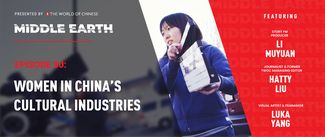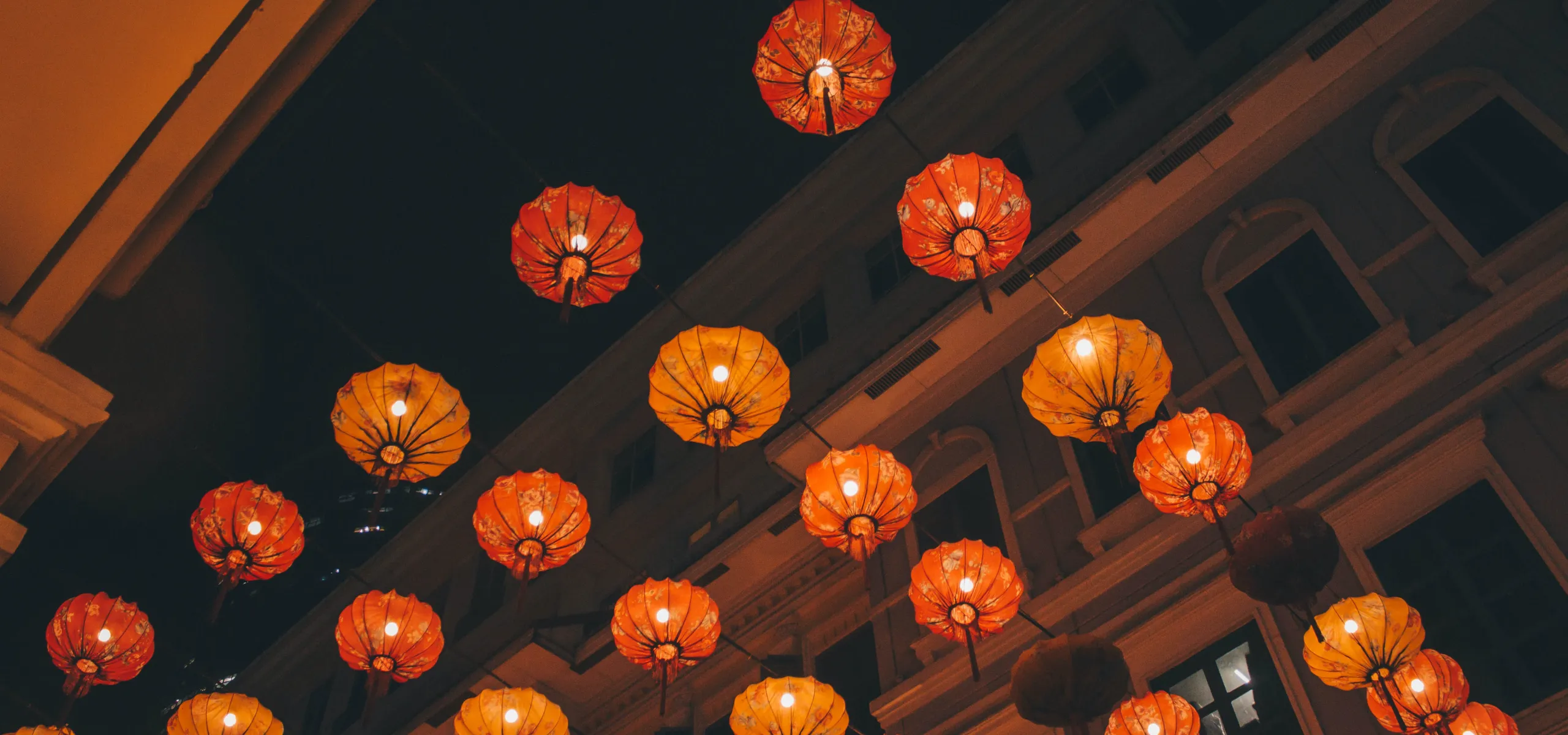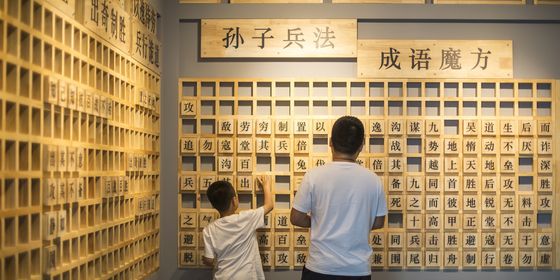Traditional metaphors and euphemisms for sex work
Choice Chengyu is a regular column, examining interesting, unique or newsworthy examples of chengyu—four-character idioms or proverbs, descended from historical and mythical events.
June 2 is International Sex Workers Day, which recognises the difficult, often abusive working conditions faced by this vulnerable social group. In China, prostitution is illegal, and sex workers are subject to exploitation, stigma, and human trafficking, as well as periodic crackdowns by the government.
Things were different in the past, when practitioners of the world’s oldest profession could wield great influence as poets and intellectuals, as well as in legends. This didn’t, however, make the ancient Chinese any more willing to talk about sex, leading to the use of metaphors and metonymy in chengyu related to prostitutes, prostitution, and brothels:
秦楼楚馆 The Tower of Qin and the Halls of Chu
Though the two halves of the chengyu originally had little to do with prostitution, this is now a euphemism for a brothel. “The Tower of Qin” refers to the legendary residence of Princess Nongyu, the daughter of King Mu of the State of Qin during the Spring and Autumn period. According to folk tales, the princess played her reed instrument, called a sheng, from her tower every day as she awaited a suitor to marry her. Finally, a young flautist showed up, and the two fell in love, became immortal, and flew to heaven on a dragon and a phoenix.
“The Halls of Chu” refers to the palace of King Ling of the Chu State, where the king housed many slender beauties.
花街柳巷 Flower Street and Willow Lane
Taken literally, this chengyu conjures images of beautiful avenues of spring color and verdant vegetation. Actually, this is a term for a red-light district—boasting flowers of a different sort.
烟花之地 The land of misty flowers
In modern Chinese, 烟花 means “fireworks,” but its lesser-known, traditional sense of “misty flowers” appears in many ancient poems, usually to symbolize spring. “The land of misty flowers,” though, is another euphemism for a house of ill repute!
眠花宿柳 Sleep among flowers and williows
寻花问柳 Ask for flowers and willows
攀花折柳 Break off flowers and willows
Flowers and willows get a real workout as metaphors, here: All three refer to visiting a prostitute
墙花路柳 Flower by the wall, willow beside the road
It is naturally impolite to call someone a prostitute, and this catch-all expression described not only to actual sex workers, but any woman deemed to have “loose morals.”
神女生涯 Life of a goddess
In his essay “Gaotang Fu,” Warring States poet Song Yu told a story of a Chu State king who slept with a goddess. Gradually, the word “goddess,” or “神女,” became a complimentary term for a prostitute who was beautiful or talented at literature. Accordingly, the “life of a goddess” became an euphemism for a (presumably high-end) career in prostitution.
倚门卖笑 Lean on the door and sell a smile
More so than any other in this list, this chengyu makes specific reference to a prostitute’s job, or at least some of it (“selling a smile” is, of course, innuendo for offering something more).
Cover image from VCG














